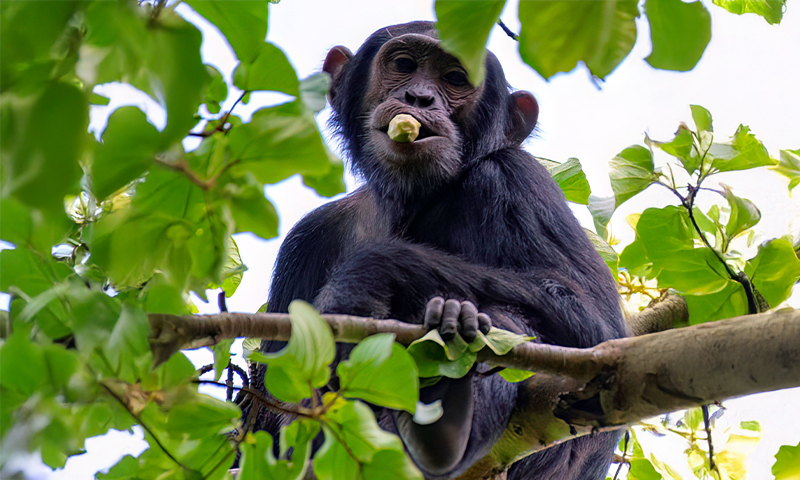Now Reading: India’s Figs: The Unsung Heroes of Nutrition and Tradition
-
01
India’s Figs: The Unsung Heroes of Nutrition and Tradition
India’s Figs: The Unsung Heroes of Nutrition and Tradition

Quick Summary
- Fruits evolved as a revolutionary adaptation by plants to attract animals for seed dispersion, creating mutual dependencies between species over millions of years.
- Primates, including our earliest ancestors, play a crucial role in dispersing seeds via consuming fruit and depositing feces containing viable seeds.
- The relationship between primates and fruit trees has shaped ecosystems like forests,termed “niche construction” or “ecosystem engineering.”
- Chimpanzee diets predominantly feature fruits (especially figs), demonstrating mutual benefits linking tree growth with animal propagation.
- Figs rely on fig wasps for pollination, showcasing intricate biological interdependence. Fig trees ensure their survival by preventing freeloading wasps from reproducing.
- Human ancestors gradually shifted from arboreal (tree-based) habitats to terrestrial living but retained fruit consumption as part of their diet.
Source: Excerpted from Rob Dunn’s book The Call of the Honeyguide, originally published on nautilus.
Indian Opinion Analysis
The evolutionary narrative of fruits and primate interactions underscores the critical importance of biodiversity and symbiotic relationships in ecological systems-a concept highly relevant to India’s environmental policies. As one of the world’s richest repositories of flora and fauna diversity, India hosts numerous species reliant on such complex interdependencies for survival.
India’s conservation efforts can take inspiration from this understanding by emphasizing seed-dispersing animals’ roles within ecosystems-such as langurs or birds prevalent across habitats ranging from Western Ghats to Himalayan valleys. Furthermore, preserving indigenous fig species through enduring forestry practices could safeguard key elements that contribute to ecological balance while supporting communities dependent on these resources for nutrition and livelihood.
This story metaphorically reflects how India’s own cultural ethos often views nature not simply as resource-centric but intricately woven in mutualistic existence-a outlook vital amid challenges like deforestation or habitat destruction across regions reliant on biodiversity equilibrium.Read More























